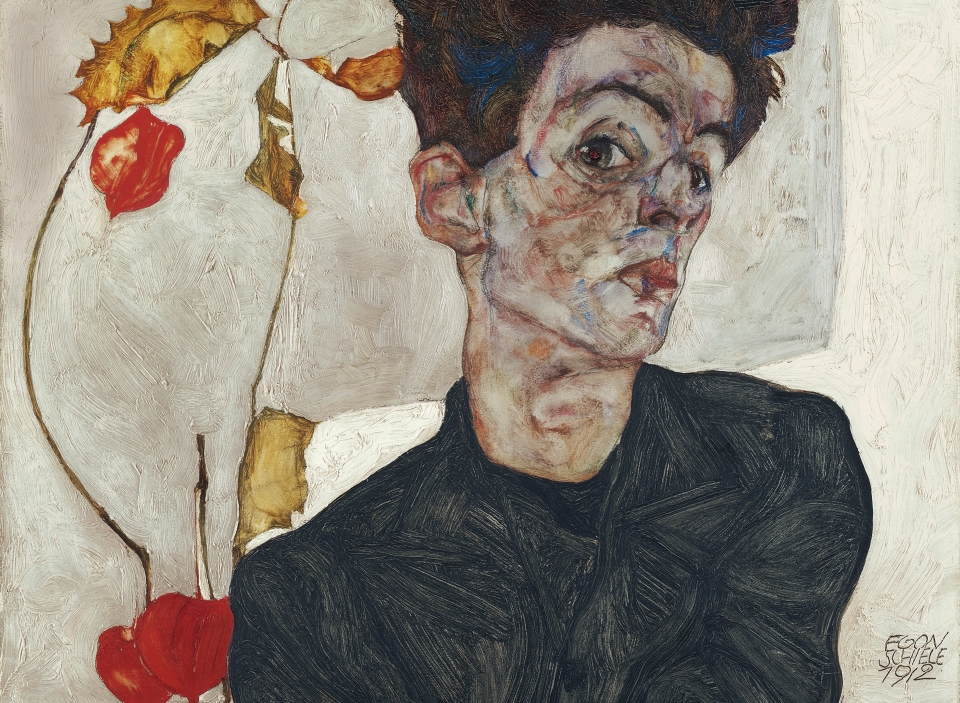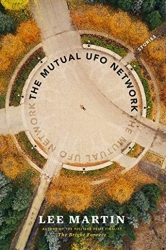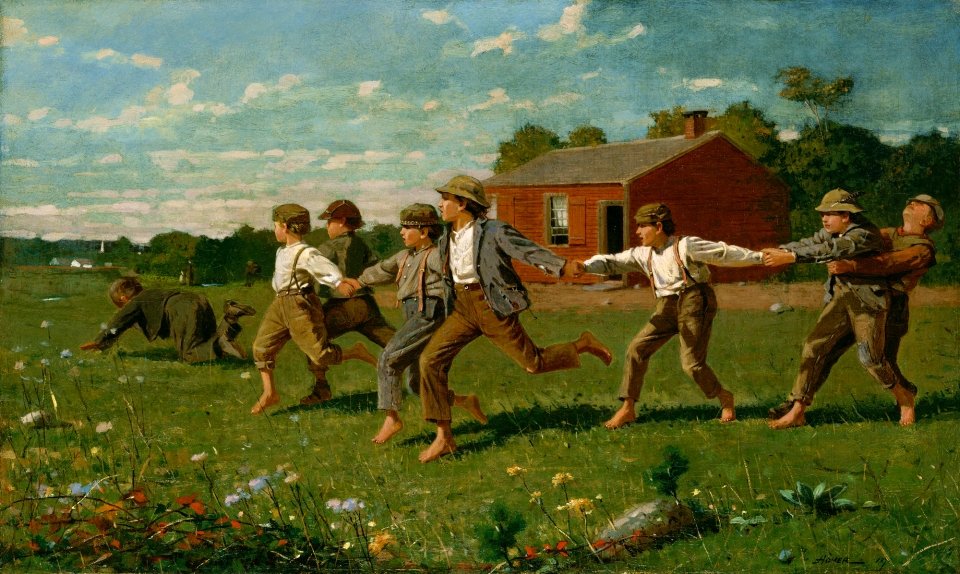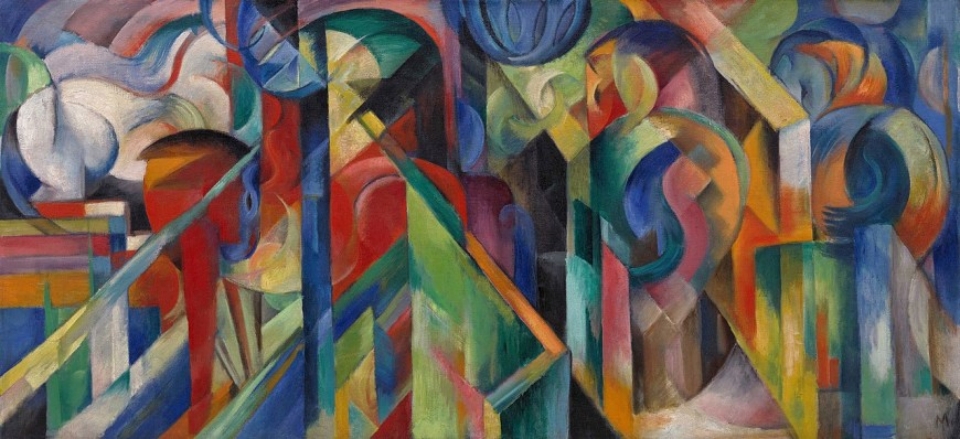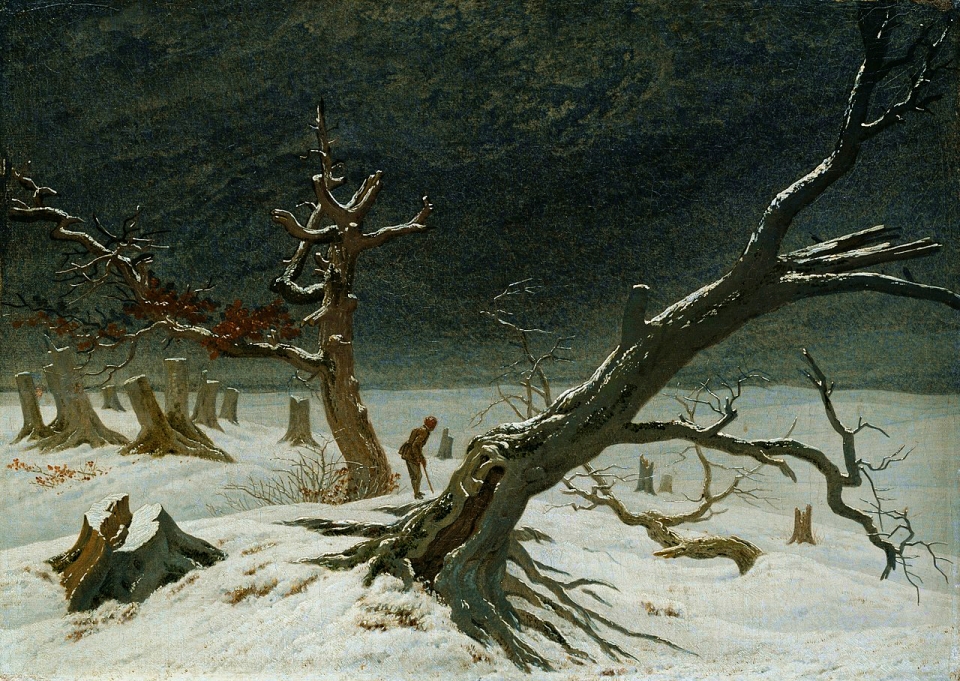Bystander
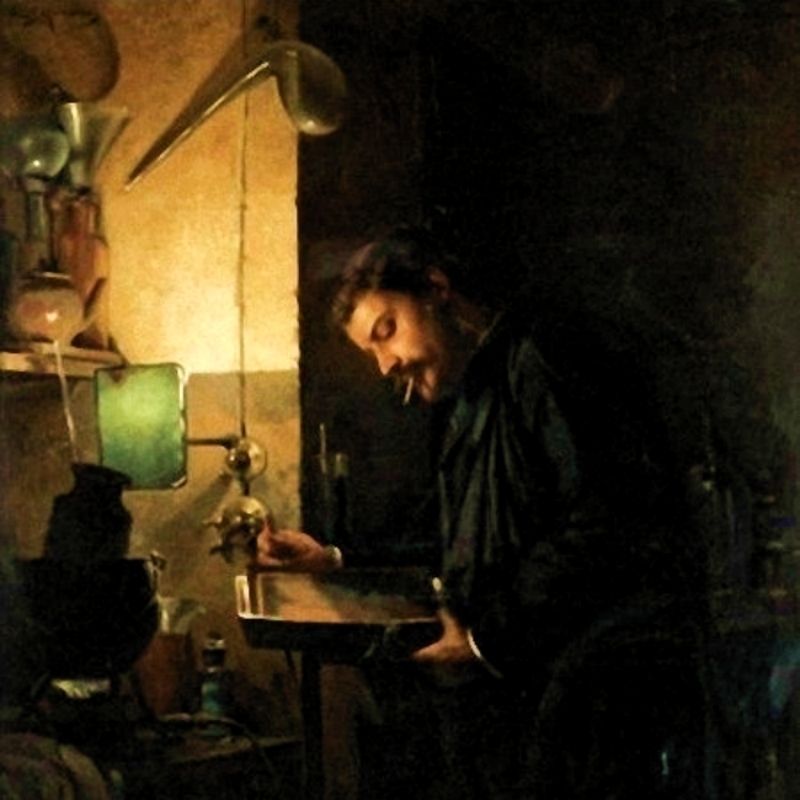
“The Photographer,” oil on canvas, by Louis Muraton, 1890.
The pond, manmade, felt real in a city with a concrete trench for a river. Shallow, green, bordered by wetland vegetation, a near-perfect circle about sixty feet across. Bass and bluegill drifted below the surface, introduced to the pond by Audubon volunteers and fished out later by neighborhood kids. When two figures approached on the trail, Nathan—resting, mid-hike, at the opposite bank with Sam, his border collie—thought boys here to fish. From his vantage point, partially blocked by papyrus reeds and cattails, he saw the boys didn’t have fishing poles. Then he wasn’t sure whether they were boys, or men. They wore Dodgers caps and walked with their heads down, hunched over, dragging their feet through the gravel, muttering to each other.
“Sit,” Nathan whispered to Sam.
Earlier on his hike he’d passed a couple, the woman carrying a baby in a sling. Without them noticing, he aimed his Nikon. He passed a man walking a Labrador. On an uphill climb, he liked the charge he got when overtaking someone younger. Nathan was sixty-five years old and fit, with good posture and a full head of gray hair. The scar on his cheek had long ago worked itself into the lines of his face. He thought of it only when people noted its proximity to his eye and said “how lucky.” Technically, you needed only one eye to take a photo, but you needed the other to see.
The figures approached the pond’s edge. Their voices—he heard now, they were only boys—rose in volume, sounded urgent. They hadn’t seen him shielding himself behind the reeds, holding his dog’s collar. He’d meant to be home by now, grading student photographs before taking his wife to breakfast. Their routine, every Sunday. She would be waiting for him.
He moved aside a stalk of papyrus, and as he watched, one boy gave the other a rough jab to the shoulder. He lifted his camera. The boy shoved again and the other boy stumbled, nearly falling into the water. Then the boys began to fight, grappling, chest to chest, pulling, pushing away. A cap was knocked to the ground and trampled underfoot. Nathan clicked the shutter release, a thrumming behind his sternum like a shoplifter’s thrill of getting away with it. These would be good photos. After breakfast he’d develop them in his darkroom. He used a 35mm camera, always. Digital was cheating.
Reflected tree branches darkened the pond. A breeze roughed the water’s surface. In his viewfinder, the boys were becoming a blur. Something terrible was happening, and in the instant it took Nathan to understand, there it was. Sharp crack. Reverberation. A hawk burst from a pine. An animal skittered in the nearby brush. Nathan dropped his camera and the strap around his neck abruptly stopped its fall. It hit his stomach like a punch.
One of the boys lay on the ground. The other stood over him, holding a gun. For a moment there was a dazzling stillness. Then the boy on the ground began to twitch, opened his mouth and emitted a spume of blood. The standing boy slid the gun into the waistband of his jeans.
Nathan clamped his hand around the muzzle of his softly whining dog. He was trapped at the pond’s edge. The trail head to his right was in plain view of the boy. Behind him stood a bank of trees and then a sandy ledge with a drop-off too steep to navigate. Somewhere out there was the couple with the baby in a sling, the man with the Labrador.
The boy with the gun stood stiffly, his arms hanging at his sides, blood approaching his sneakers. Nathan watched him scan the pond, his attention lingering at the spot where Nathan crouched. Seeing him? No, he was looking at the hazy skyscrapers of downtown Los Angeles in the distance, before he turned from the dead boy in the dirt and made his way down toward the picnic area.
*
When the boy disappeared from view, Nathan leapt up and headed the opposite way. He ran as fast as he could. His camera banged against his abdomen. His hiking boots struck the path with loud crunches, and under that sound he imagined he could hear the boy, behind him, advancing with light footfalls, two for his every one. The boy’s hand would seize his shoulder. He’d feel the gun press against his back, hear the same echoing snap he’d just heard at the pond. A snap and then everything would go dark. He stumbled and dropped Sam’s leash, but the dog kept pace, snout low to the ground, the leash dragging and kicking up dust. His cell phone was under the seat of his car where he’d forgotten it. The landscape bounced in his periphery, scrub and cactus. As he rounded a curve he lost his footing and slid painfully on his side while Sam jumped at him, roughly nosing his face.
Finally, half jogging, half limping, he reached the trail’s end and the Audubon building—closed on Sundays. The dirt became pavement. His shoes smacked concrete. He found a graffiti-covered payphone at the edge of the parking lot and pulled the receiver from the cradle.
“Someone’s been killed at Debs Park,” he said.
Dead body by the pond. The emergency operator asked for his name. Nathan heard a rustling in the trees and dropped the phone and ran again, across the lot, where he hustled Sam into the back of his car and then fell into the driver’s seat, chest heaving. He fumbled his keys into the ignition. His leg muscles quaked, his feet jittering on the floorboards. He managed, somehow, to drive, because he found himself on the road negotiating traffic, though he didn’t remember getting there. It was just shy of nine o’clock, but already his car’s interior broiled. Sweat rolled down his neck. He drove for several minutes before it occurred to him to crack a window for his dog, who panted dramatically in the back seat. At an intersection he looked at his camera in his lap and read the number in the frame counter.
*
Dead body. If you saw enough of them it shouldn’t be a big deal. A photo in Nathan’s most recent project, his Skid Row series, was the image of a homeless man slumped beside a dumpster, rigor mortis canting his body at odd angles. He wore filthy trousers but brand new leather loafers, toes pointing skyward. Decades back, in Nathan’s early photography days as a stringer for the A.P. in Vietnam, there were countless dead. Soldiers on stretchers. Whole families of corpses in piles. A severed leg alone in a field.
He was safe now. He was pretty sure he was safe. He kept checking the rearview mirror to look at the faces of drivers behind him. But none were the boy. Would he recognize the boy? What had so vividly played out for him moments before was a jumble. Nathan fanned through radio stations, searching, improbably, for some mention of it. He switched to AM. Nothing there either. The radio played traffic reports until he reached his driveway.
*
He expected Lydia to be waiting for him, but the fizzing sound of the shower met him as he entered their bedroom, Sam at his heels, still panting and alert to danger. Lydia had laid her day’s outfit out on the bedspread—white cotton slacks, yellow linen blouse, sheer navy scarf. He put his camera on the dresser where she’d arranged the jewelry she chose for the day. He picked up her charm bracelet and fingered the charm for their daughter Liz, a ponytailed girl’s head in profile, Liz’s birth date engraved on the back. Liz was an adult now, married, living on the east coast. He put the bracelet down.
He headed to the half bathroom off the kitchen, dragging in a stool, stepping up so he could see his torso in the medicine cabinet mirror. He lifted his shirt and unbuckled his belt, wincing. The bruise on his hip was already purple. Tomorrow his whole leg would be stiff. He splashed water on his face and ran a damp washcloth over his head and neck, tried to gather himself.
Back in the bedroom, he found the shower had stopped. He changed into a clean T-shirt and jeans, picked up his camera, wound the remaining unexposed negatives and then removed the film roll. He set it in the top drawer, amongst his socks.
Lydia emerged from the bathroom wrapped in a towel, her shoulders and chest damp and flushed.
“How was your hike?”
He’d reported it. But he hadn’t identified himself to the operator. There had been a shooting last month outside the Arroyo Seco Library. Middle of the day, dozens of people saw it, and not one witness came forward. Things like this, you never knew. Could be a gang dispute, and there was a risk of retaliation. The important thing was he’d called. There were probably footprints near the body, or a bullet casing. The police would solve it.
“My hike was nice,” he said.
*
On their walk to the restaurant, Lydia put her hand on his back, looked up at him, asked if he was limping.
“My knee is acting up,” he said.
Their usual table on the sidewalk sat empty. Everyone else in their neighborhood was hunkered down in air conditioned rooms. Lydia, before taking her seat, gave him another look, one that reminded him, without insisting, to wear the knee support she’d bought him. Their friends called her classy, which had partly to do with clothing choices but more to do with her neutral approach to things. She tolerated everyone’s dramas and didn’t burden anyone with her own.
“It’s so hot,” Lydia said to the waitress. “I’ll have yogurt with fruit.”
The table umbrella threw a feeble triangle of shade. The sunlight was a dense, metallic blaze. The air felt so parched and still that Nathan envisioned the boy beside the pond as a mummified husk, his blood a dry scrim, the pond stilled to murk. But it couldn’t be so. EMTs would had driven an ambulance up the fire road. The boy must be gone, to the hospital, or the morgue. The day was pushing on as though nothing had happened.
Lydia spread a napkin across her lap, “I’ve been thinking about hanging wallpaper in the hall,” she said. “I saw a pattern of birch trees.”
Nathan wrestled apart the Sunday Times, looking for the local pages, which would say nothing about what he’d witnessed, but he felt compelled to look anyway.
Wallpaper. Over the years the hallway leading to their bedroom had become a repository for his photos, a narrow gallery. Sweat trickled along Nathan’s torso. Would she hang his photos up again once wallpaper had been pasted to the wall, or did she mean to take them down? Why wallpaper, he wondered distractedly. Why now? There had been wallpaper all over their house when they moved there thirty years ago, huge flocked swaths of it. They were being modern, at the time, by taking it down.
Across the street, the hardware store door swung open and shut with customers. Lydia spooned yogurt into her mouth. Nathan spread out the arts section. It had nothing he wanted. He picked at his omelet while his iced coffee melted, hearing a faint wailing in the distance, a sound like cats fighting, which gradually grew louder, more insistent, until five police sedans screamed past. He jumped to his feet, rattling plates.
Lydia startled. “What’s wrong?”
His heart was thudding. “I need salt,” he said. He gestured to the waitress, who was also staring at him.
*
That evening he tried the TV news. A car under pursuit on the Pomona freeway and a theater in Westwood unfurling a red carpet. The weatherman predicted morning haze. But nothing about the boy. He tried his computer, realizing this should have been his first approach when a cursory search online pulled up an LAPD crime map. There was a menu of color-coded dots corresponding to recent crimes in Los Angeles. Orange for robbery. Blue for grand theft auto. Yellow for homicide. He moved the cursor until it hovered over Debs Park, and there it was, in the midst of the mottled topography, a small yellow bullet point.
Tipsters who wish to remain anonymous can call ‘Crimestoppers,’ said the LAPD website. He could do that. A quick phone call. Describe the boys and the gun and be done with it. He could crack open the film roll, expose the negatives to the sun, and toss the whole mess away.
He shut down his computer and went to the kitchen, where his wife had spread a pint of cherry tomatoes into soldierly rows on the cutting board. She was slicing each in half with a serrated knife.
Lydia had retired from social work the year before, a job where she navigated large-scale problems like spousal abuse and abandoned children. But she had stopped all talk of her former work, concentrating on small dilemmas—a slow sink drain, a broken floor tile, a skunk’s nocturnal visit to her vegetable garden. And Nathan felt his own focus narrowing to the small details of her. Her slim reading glasses. Her narrow, teardrop-shaped fingernails. Her daily tasks played out in miniature. Rows of cherry tomatoes on the cutting board. Spare coins gathered in a jar. Recently she’d dug out a childhood stamp collection, and spent hours sifting though tiny paper squares that depicted flowers, fish, and royalty.
*
“There are photos you pursue and photos you receive,” he said to his students.
He hadn’t slept much. His head throbbed and there was a dull ache in his hip. A swell of exhaustion filled him as he looked over the faces in the lecture hall. The TA switched off the light. Nathan’s photograph blinked onto the projection screen. He did this every term, mid-semester—his vanity show. There was a murmur of recognition. It was the photo everyone knew; it earned the big prize and launched his career.
Nathan looked at the familiar gradations of shadow. The photo was taken in daylight but under jungle canopy, so there was noise in the image, pinprick dots as though it had been printed on a sheet of sandpaper. The girl’s eyes were two dark marbles.
The media had words for his photographs. Unflinching. Uncompromising. Tough.
Tough. He was twenty years old in Vietnam, skinny and cave-chested, with his camera hung like an unearned medal around his neck. Whenever something moved, he lifted the camera in trembling hands and pressed the release.
Later there was “The Stalk,” as he referred to it when interviewed: the calculating arrangement of people and things within the frame, the squeezing of shutter at ideal instant, the split second, opportunistic dance—but all that came later. In Vietnam he was a terrified kid.
“This is a photograph of receipt,” he said. His students gazed above his head at the screen. “Call it luck or call it happenstance. But to receive you have to be open.”
He’d been doing this so long it was rote; the image had become nothing more than an instructional tool for his students. But the pond and the gun and the blood. He looked up at the girl’s face in the photo and saw, as if for the first time, the thin rim of white beyond her dilated pupils, her lips parted in the beginning of a scream. He had captured a mere shred of what must have felt, to her, like endless terror. Against his will, a fissure broke in his composure. He stopped talking.
The girl and her family had been swimming their escape across the river, their heads bobbing in the water, getting closer. At first his squad had aimed their rifles, but through squinted eyes the men saw two children and a woman. They waited. Nathan pulled off the lens cap. See something move, take out the camera. No shrapnel flying, no mangled bodies, but this war photo would win the award: the family fleeing the Viet Cong, struggling for shore, the daughter’s terrified eyes caught in his lens just before she slipped underwater.
The squad rose from their crouched positions to see the woman and the boy scrabbling at the river bank, grasping for roots in the mud. Staff Sergeant Wayne Hall—newlywed, welterweight boxer from Munsee—stretched himself flat on the ground, leaning over the bank to pull them out. Lieutenant Richard Baker—lanky, Methodist, perpetually sunburnt—dove in after the girl with his helmet on.
The water came chest-high on Baker. The squad watched, transfixed, as Baker thrashed in the current, plunging under, surfacing with a gasp. Just when it seemed he’d give up, he dropped below and reemerged in a great splash with the sputtering girl. The squad shouted in relief. Nathan centered Baker in his viewfinder, got one last shot of him grinning and clasping her in a hug. On the riverbank the mother stood gripping her son’s shoulders, staring ahead with a pained expression. Baker made a move toward shore. The girl in his arms looked to her mother and held up a grenade. The girl pulled the pin.
Nathan spent three weeks in a Medical Brigade Hospital—endotoxic shock, blood transfusions. He had a cloudy awareness that he was dying. Beyond his closed eyelids were the sounds of people working for his benefit: hurried footsteps, clank of metal, hiss of unraveling bandages. Then one day—Nathan had no idea how many days had passed—he was stable. With the fragment wounds on his chest taped and the torn-open side of his face closed with stitches, he was shipped home. Everyone else was dead, all ten in the squad, the mother, her son. The girl. Blown to bits. Somehow Nathan and his little Pentax had survived. The camera’s body was battered, the viewfinder caked over with dried blood. The lens was smashed. But inside the film cavity, his negatives remained, curled safe within their cartridge, unharmed.
“Professor Zander?” The TA stood in the back of the room, hand on the light switch. The students sat very still. There were a few nervous coughs.
Nathan blinked and cleared his throat. How long had he been silent?
“To receive you have to be ready,” he said. His voice was a rasp. The doomed girl towered over them all. “Okay,” he said. His TA flipped the light switch.
*
Driving home from the university, he imagined himself telling Lydia. They would sit at the table, Sam dozing on the throw rug by the sink, outside the kitchen window the dark humps of the houses along the hill, beyond them a clutch of winking skyscrapers.
“I called 911,” he would say. He imagined Lydia commiserating with him about the risks of retaliation, revisiting well-worn stories: the drive-by shooting near the freeway onramp, the school lockdown. They would talk about how these things usually happened just beyond their reach—the day after they drove through the intersection or the week they were away on vacation. But now it had hit home and they were part of it. Staring out the window, he’d know that Lydia wasn’t really thinking about retaliation. She was thinking of a mother somewhere who’d lost her son. She was thinking about the right thing to do.
He could see them, standing side by side, staring out the dark window. He could see them both reflected in the glass. “You should go to the police,” Lydia would say.
He pictured the drowning girl’s frightened face printed beside whatever he’d captured in his Nikon at the pond. Famous war photographer catches murder on film. Two photographs of receipt, side by side.
Beside him, at the kitchen window, his elegant wife with her empathy stretching to the sea.
She would sigh. “Do the right thing,” he imagined her saying softly. “This isn’t about you.”
But when he arrived, she was not at the kitchen table as he’d envisioned, but in the dining room, their old silverware arranged on the tablecloth before her along with a pile of sterling jewelry; she was polishing it all.
“Look at this,” she said, holding out a tangle of bracelets when he entered the room. “Every one of these clasps is broken.”
*
When their daughter was four years old, she’d asked about a cemetery they drove past. His wife was in the passenger seat, their daughter propped in the backward-facing folding bench in the rear of their station wagon. “A cemetery,” Lydia said, and then she clumsily explained it.
“What happens after that?” their daughter asked.
He and Lydia exchanged looks.
“After that, you go to heaven,” Lydia said, and in response to more questions she added that heaven was in the sky.
“How can I get there when my body is under the ground?” Liz asked. Nathan thought he heard a tearful edge to her voice.
“Well, your body doesn’t go.” Lydia was fiddling nervously with the latch of the glove compartment. “But you go.”
There was a moment of silence in the back seat. “Can I see?” she said.
“What, honey?”
“In heaven. Can I see? Even with no body? Can I see everything?”
“Yes. You can see.”
There was quiet again. Nathan thought her questions were satisfied when he heard Liz’s soft sobs. He slowed the car and Lydia turned full around, kneeling on her seat. “Oh, honey,” she said, reaching across the expanse of the station wagon. But their daughter was too far away. “What is it?”
“Am I eyes?” Liz cried. “Am I just eyes floating in the sky?”
“Of course not,” Lydia said with a little laugh. But she couldn’t explain and their daughter would not be consoled.
*
His photos: a teenager playing saxophone at Port Authority; tourists standing in the footprints at Grauman’s; a baby asleep on a mat in a Somali hut.
Lydia, years ago, waiting alone on the sofa on a Sunday afternoon while he shut himself in his darkroom, stood in the safelight’s glow as prints dripped on the line. Liz—now miles away with children of her own—riding her bicycle in the driveway. His family always at the edge. He felt deeply for them, but never followed them with his camera. He was searching elsewhere.
A student approached at the end of Thursday’s class as Nathan gathered papers into his briefcase.
“These are late,” the student said.
Nathan looked down at the folder the student had placed on his desk. “These were due last week.”
“I know,” he said. “I didn’t do the film print you asked for. I was out finding the shots. These are all digital. You can knock points off my grade for that.”
When Nathan didn’t answer, the student looked at the floor. Nathan slid the prints from the folder. The first image was a color shot, soldiers in the back of an army jeep, probably heading up the 405 from Camp Pendleton. The vehicle looked enormous, cartoonish, with a sandy camouflage paint job. Beside the jeep was a strip of blurry freeway. The soldiers were smoking cigarettes, reaching down to tie boots, shrugging out of jackets in the late afternoon sun. One soldier had an expectant look, a yearning in his posture. He turned from the others, looking directly into the lens, his jaw thrust forward, about to say something. A message that the camera didn’t catch.
“This is good,” Nathan said.
“I hung out the passenger window of the car,” the student said, eyes still downcast, smiling. “My girlfriend drove.”
“You’re good.”
You’re good. Or you’re dead. It was something Lieutenant Baker used to say to the squad. It was supposed to be funny. Nathan remembered standing alone in the dark, newly home from the 27th Medical Brigade Hospital, waiting for his photo to emerge in the developing bath. White paper, gray shadow, and then the pricks of grain revealed. The fear in the girl’s eyes. The river water, menacing, vast. Like a sea monster should rise from it. I’m alive, Nathan had thought, feeling sick for thinking it.
“This is quality work,” Nathan told the student. “This may save your grade, but don’t let it go to your head.”
*
Nathan steered through the gates of Deb’s Park, Sam panting, eager for a hike, but there were still a half dozen speed bumps before they arrived at the parking lot. Each bump sent bile into Nathan’s throat. He thought about turning back, but Sam whined as though sensing his thoughts. The park was filled with picnickers, even on a weekday. There were people cooking on grills, the music of an ice cream truck.
Nathan started up the fire road toward the pond and encountered three smiling women coming back down. The trail was sunny. There was a breeze. The Audubon volunteers had cleaned up the beer cans he noticed last time.
It was as though nothing criminal had occurred, and when Nathan reached the pond’s edge, his memory was hazy. The film roll in the drawer would tell him. He stared at the water and imagined a coppery blood odor rising to his nostrils, but when he inhaled, he could smell only eucalyptus, maybe a hint of ozone. A man passing called out beautiful day.
*
He opened the dresser drawer where the film roll sat, inert and bland and identical to all other undeveloped rolls of film. Lydia, fully dressed, lay on the neatly made bed, reading a magazine. She was absorbed in an article and didn’t look up.
In his darkroom he wound the negatives into the canister, added the fluid, shook it, set the timer. There was a familiar tang of stop-bath odor in his nostrils. Beyond the womb of his darkroom he could hear the clothes dryer tumbling. He waited. It seemed like forever, the waiting. So much of his life had been consumed by exactly this: waiting in the dark for an image he’d burned onto a coated slip of paper to speak to him, to tell him who he was, to convince him that he was more than just someone who watched, who took something away from people, by watching.
The timer rang. Nathan held the negatives to the light.
The couple with the baby in the sling. The hiker he’d passed on the trail. The Labrador sniffing the air. The trees swaying. The escalating argument. He didn’t bother with a contact sheet or test strips. He positioned the negative he wanted into the enlarger.
Nathan watched the photo ripple into view in the developing bath. The boy falling into the moment of death. His torso and outstretched arms were reflected in the pond. It looked like there was someone, down below with the bass and bluegill, reaching up to receive him.
It was stunning. And he’d done nothing but flinch and press a button. The familiar swell within him, the charge; it was as good a photo as any he’d seen. He was still in the game.
Lydia was asleep when he returned to the bedroom, her reading glasses on, the magazine open on her chest. He gently pulled her glasses off and she waved an arm sleepily as if swatting a fly. He brushed her hair away from her face. Her haircut—a silver bob—was almost the same style she’d worn as a young woman, when her hair was light brown. Back then she’d had severe bangs across her forehead, like a flapper in a Brassaï portrait. He had a photo of her from those days. He still remembered the aperture setting, the focus so tight on her eyes that the image went soft at her jaw line.
He lay down beside her. The mattress compressed only slightly under his weight. Lydia was miles away on her side of the bed. He felt no bigger than his dog. He lay on his back, his hands folded on his ribcage. People grew fatter in old age, he found himself thinking, because the alternative, skin against bone, was a reminder of where you were heading.
*
The following day wasn’t a class day, but he drove to his office in the journalism department anyway, and sat as his desk. Below his window, students rushed across the green to their classes. He switched on his radio, found that the jazz station he liked was having a pledge drive, and switched it off again. After an hour, he had decided to leave when he heard a light tap on his door. He got up to answer it. It was the same student who’d approached him last class, with another late assignment.
“I was going to slide these under the door. Then I saw your light.”
“I can fail you for not fulfilling the class requirements,” Nathan said, but as he said it, he found himself eagerly returning to his desk to look at the photos. No contact sheet, again. The student hadn’t used film, but Nathan could admit that he was tired of looking at film work of students who dutifully handed in gray contact sheets and muddy prints from negatives left in developing fluid too long.
The photos were colorful shots of elaborate graffiti and murals, and several lonely images of gang tags, and then Nathan came to images of a familiar landscape, a place he used to hike with Sam—the Glenoaks Canyon trail, burned by an arsonist months before. New growth was visible, anemic plant shoots pushing up through the char, but it was still otherworldly. The hillside was calcified. Skeletal trees had been scorched with a heat so intense that the blackened bark had split and peeled away, revealing heartwood that was surprisingly, vividly red. Someone had carved their initials into a tree’s bright center.
The student stood beside Nathan’s chair, fidgeting with the zipper of his jacket. “This series is called, Everyone Needs to Make their Mark,” he said.
Nathan collected the photos into the folder.
“It’s actually my girlfriend’s title. She came up with it.”
“Is your girlfriend a photographer too?” Nathan asked. He noticed the student smile slightly at being called a photographer.
“She’s not,” he said. “She likes to help me.”
“I’ll take quality into consideration when determining your grade.” Nathan turned back to the book open on his desk. “You could try film,” he said as the student was leaving. “Try out the darkroom. Just to see what it’s like.”
*
The finished print was eight-by-ten, glossy. He turned it over on his darkroom work table and autographed the back in wax pencil, by habit, as he’d done for years. Then he neatly printed the date, location, his name and contact information, slid it into a cardboard mailer and affixed a label addressed to the Hollenbeck Division homicide detectives. He put Sam into the back of his car and drove to the post office.
The following morning he and Sam took a long hike, in Angeles National Forest. There were streams that rushed over rock ledges, forming cold, clear pools. There were rotting branches teeming with ladybugs. Sam jumped and crashed through leaves, barking. Nathan watched it all through the viewfinder. Lydia, back at home, would be taking his photos down from the walls, carefully wrapping them in bubble wrap for storage before she ordered wallpaper from a catalog.
Jen Bergmark has published fiction in Bellevue Literary Review, Indiana Review, Harpur Palate, Cream City Review, Puerto del Sol, and elsewhere, and was anthologized in New California Writing (Heyday Books). She was a Poets & Writers Magazine California Exchange Award finalist, received the John Gardner Memorial Prize for Fiction, and has been a resident at Dorland Mountain Arts Colony and KHN Center for the Arts.
